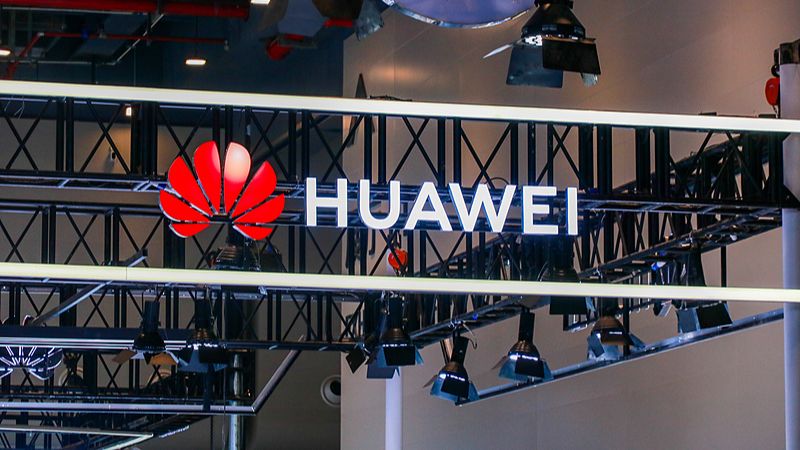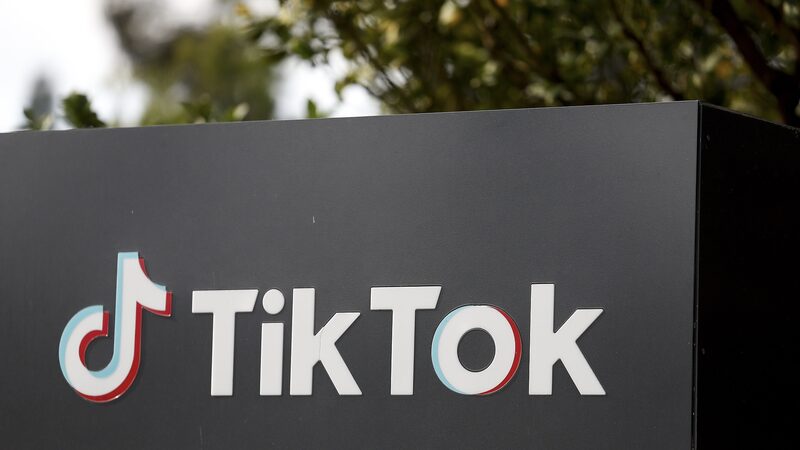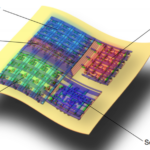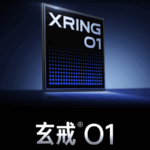Chinese tech giant Huawei unveiled a groundbreaking open-source AI framework on Friday, November 21, 2025, aimed at addressing critical inefficiencies in global computing resource utilization. Developed in collaboration with leading universities, the Flex:ai technology allows a single AI chip to be partitioned into multiple virtual units, enabling granular resource allocation as precise as 10% increments.
This innovation tackles a key challenge in the rapidly expanding AI sector: despite surging demand for computing power, industry reports indicate that up to 70% of existing resources remain underutilized. Huawei claims Flex:ai can increase average compute utilization by 30% through its unique 'one-card-performing-multiple-tasks' architecture, which employs advanced resource isolation techniques.
"By open-sourcing Flex:ai, we're empowering global developers to optimize infrastructure while reducing energy waste," said Zhou Yuefeng, Huawei's vice president, during the Shanghai Tech Forum. The move comes as nations worldwide grapple with balancing AI advancement against rising computational costs and environmental concerns.
Analysts suggest this release could accelerate AI adoption across industries, particularly for startups and research institutions lacking access to large-scale computing infrastructure. The framework's timing aligns with projected 2026 capacity expansions in Asian data centers, where improved utilization could defer billions in new facility investments.
Reference(s):
Huawei unveils open-source tech to tackle AI computing inefficiency
cgtn.com








